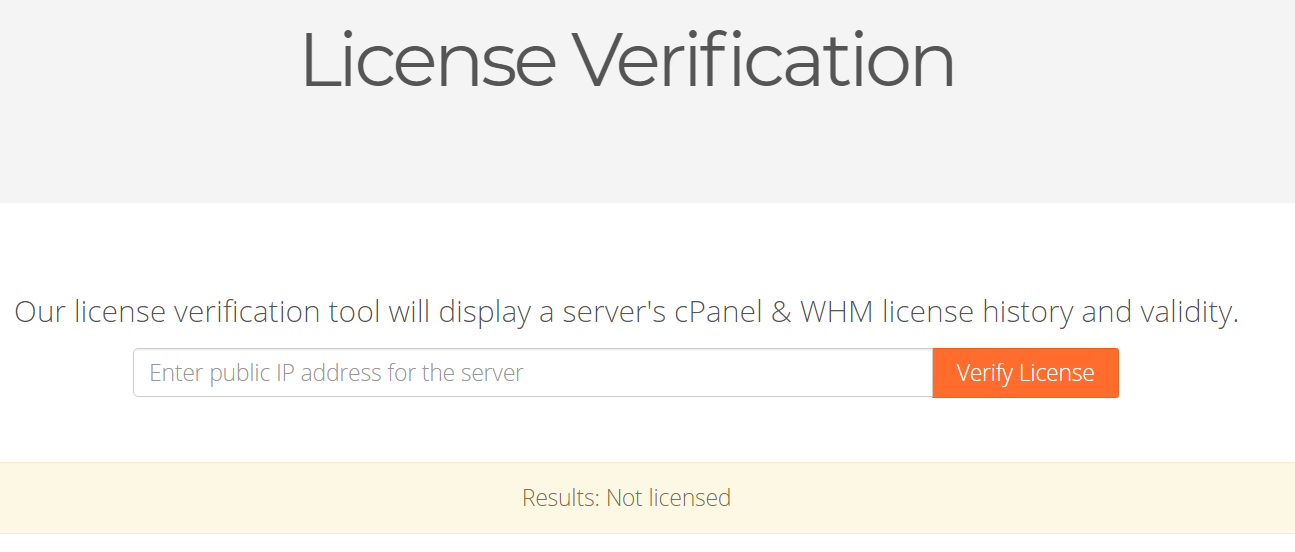A WordPress plugin is a piece of software that adds a specific feature to any WordPress site that is self-hosted. You ‘plug in’ a piece of software to add new features or extend existing functionality on your site without needing to know how to code, as the term implies. Depending on the plugin’s features, it […]
Posts by samama:
How (& Why) to Back Up Your Website
Technology may be capable of incredible feats, but it is not without flaws. And no one wants to take the chance of losing all their digital files in an instant. A website backup is a copy of your entire website’s content. Your online backup provider will determine what your backup storage entails. As a general […]
What is (& Why) Headless Commerce
In its most basic form, headless commerce is the separation of an e-commerce application’s front end and back end. This architecture allows brands to develop whatever they want, whenever they want. Above all, it allows businesses to improve the consumer experience. The usage of APIs, experienced managers, tools like Heroku and Mulesoft, as well […]
How to Check if Your Linux Server Is Under DDoS Attack
What is DDOS: DDoS, or Distributed Denial of Service, is a coordinated attack using one or more IP addresses designed to cripple a website by making its server inaccessible. This is done by overloading a server’s resources and using up all available connections, bandwidth, and throughput. Just like when driving, your travel time from point […]
Restoring or Backup Cpanel Accounts via SSH
For your business to survive on the Internet, you must back up your hosting account. You must back up all of your data at least once a week, whether you are a small or large firm. cPanel comes with a number of ready-to-use scripts that will make your life easier. Pkgacct is used to back […]
How to Extend Swap Space using Swap file in Linux
Swap space is a specialized storage area on the disk that can be partitioned or stored as a file. When the Linux kernel needs to allocate more memory to processes, it uses swap space to move infrequently utilized processes or tasks. In some cases, our Linux computer may run out of swap space, in which […]
Different Ways To Free Up Disk Space On Cpanel Server
Getting consumers is beneficial to any business, but we all know that it comes with its own set of problems. Your server fills up as a result of the increased number of customers, and you begin to run out of disc space. The only method to improve your server’s potential and efficiency is to expand […]
What is NVMe Technology
Introduction NVMe is an acronym for Non-Volatile Memory Express. It’s the protocol that allows PCI-e data to be read or written. It’s a host controller interface designed to meet the needs of PCI express-based solid-state storage devices. Member firms produced the NVMe version 1.0 specification in 2011. Other versions have since been released. NVMe was […]

SSL Certificates For Websites
What are SSL Certificates? It’s a security protocol that creates an encrypted link between a web server and a web browser, and it’s a digital certificate that authenticates a web site’s identity and enables an encrypted connection. It is used to protect user data, validate website ownership, prevent attackers from building a false version of […]
How to Fix Invalid cPanel License Error
I decided to combine all cPanel license issues into one, as the solution to them is the same. First, I will go through the problems that people have been asking me in the comments, and then the solution which will be common to all. Here are a few questions that our blog reader asked during […]